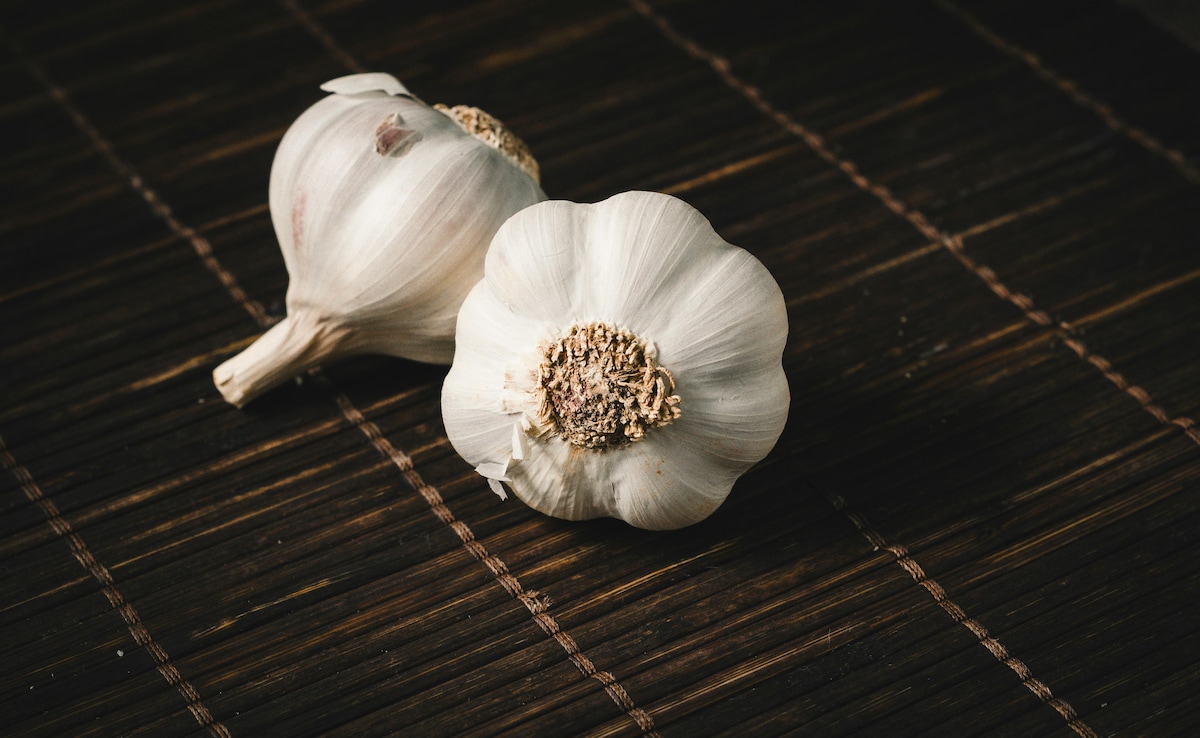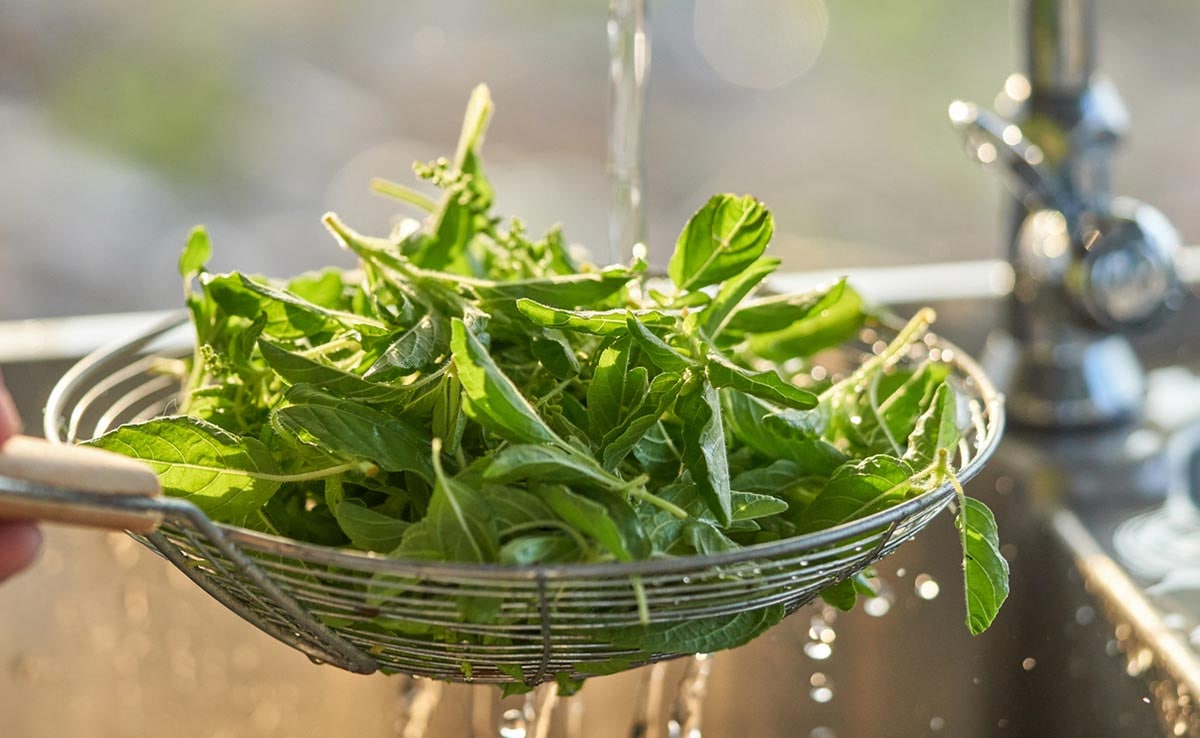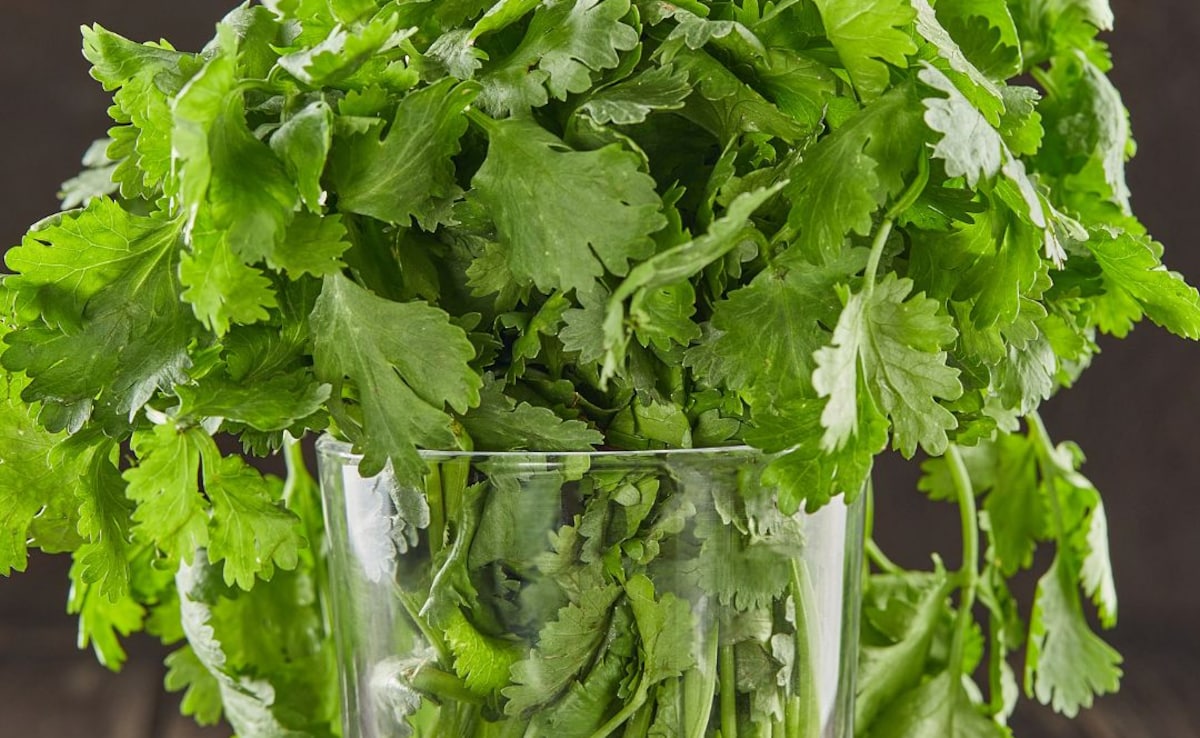
Cholesterol is a fatty substance found in the blood, essential for building cell membranes and producing hormones, but high levels of LDL (bad) cholesterol can lead to plaque buildup in arteries, increasing the risk of heart disease. Ayurvedic herbs are natural plant-based remedies used in traditional Indian medicine, known for their therapeutic properties. Certain Ayurvedic herbs have been shown to help lower cholesterol levels. These herbs work by reducing LDL cholesterol, triglycerides, and promoting HDL (good) cholesterol, while also providing anti-inflammatory and antioxidant benefits that support overall cardiovascular health. Incorporating these herbs into your diet or taking them as supplements can be an effective natural approach to managing cholesterol levels.
Ayurvedic herbs that can help reduce cholesterol levels naturally
1. Triphala
Triphala, a combination of three fruits (Amla, Bibhitaki, and Haritaki), is rich in antioxidants and helps reduce cholesterol levels by preventing lipid peroxidation. It enhances digestion and supports liver function, which aids in cholesterol metabolism.
2. Guggul
Guggul is known for its lipid-lowering properties, as it helps decrease LDL (bad) cholesterol and triglycerides while increasing HDL (good) cholesterol. It also has anti-inflammatory and antioxidant effects that benefit cardiovascular health.
3. Garlic
Garlic has been shown to reduce cholesterol levels by inhibiting cholesterol synthesis in the liver. It also helps lower blood pressure and has antiplatelet properties, reducing the risk of heart disease. Incorporate raw or cooked garlic into your daily diet.

Photo Credit: Pexels
4. Fenugreek
Fenugreek (methi) seeds contain soluble fibre that helps reduce cholesterol levels by binding to bile acids and preventing their reabsorption. It also helps control blood sugar levels, which is beneficial for overall cardiovascular health.
5. Turmeric
Turmeric (haldi), particularly its active compound curcumin, has cholesterol-lowering properties. It helps reduce LDL cholesterol and triglycerides while improving HDL cholesterol levels. Its anti-inflammatory and antioxidant effects further support heart health.

Photo Credit: iStock
6. Arjuna
Arjuna bark is known for its cardioprotective properties. It helps reduce total cholesterol, LDL cholesterol, and triglycerides while improving HDL cholesterol. Arjuna also supports heart function and reduces blood pressure.
7. Holy basil
Holy Basil (tulsi) helps reduce cholesterol levels by enhancing the liver's ability to metabolise fats. It also has antioxidant and anti-inflammatory properties that protect against heart disease. Chew fresh tulsi leaves daily or drink tulsi tea by steeping the leaves in hot water.

Photo Credit: iStock
8. Amla
Amla (Indian gooseberry) is rich in vitamin C and antioxidants, which help reduce cholesterol levels by preventing oxidative damage. It also helps improve HDL cholesterol and supports overall cardiovascular health.
9. Coriander
Coriander seeds have hypolipidemic properties that help reduce total cholesterol and triglyceride levels. They also aid in digestion and detoxification, which supports overall metabolic health.

Photo Credit: Canva
10. Ginger
Ginger helps lower cholesterol levels by reducing hepatic cholesterol synthesis and promoting the conversion of cholesterol to bile acids. It also has anti-inflammatory and antioxidant effects that benefit heart health.
By including these Ayurvedic herbs in your daily routine, you can naturally manage and reduce cholesterol levels while supporting overall cardiovascular health.
Disclaimer: This content including advice provides generic information only. It is in no way a substitute for a qualified medical opinion. Always consult a specialist or your doctor for more information. NDTV does not claim responsibility for this information.
Track Latest News Live on NDTV.com and get news updates from India and around the world

